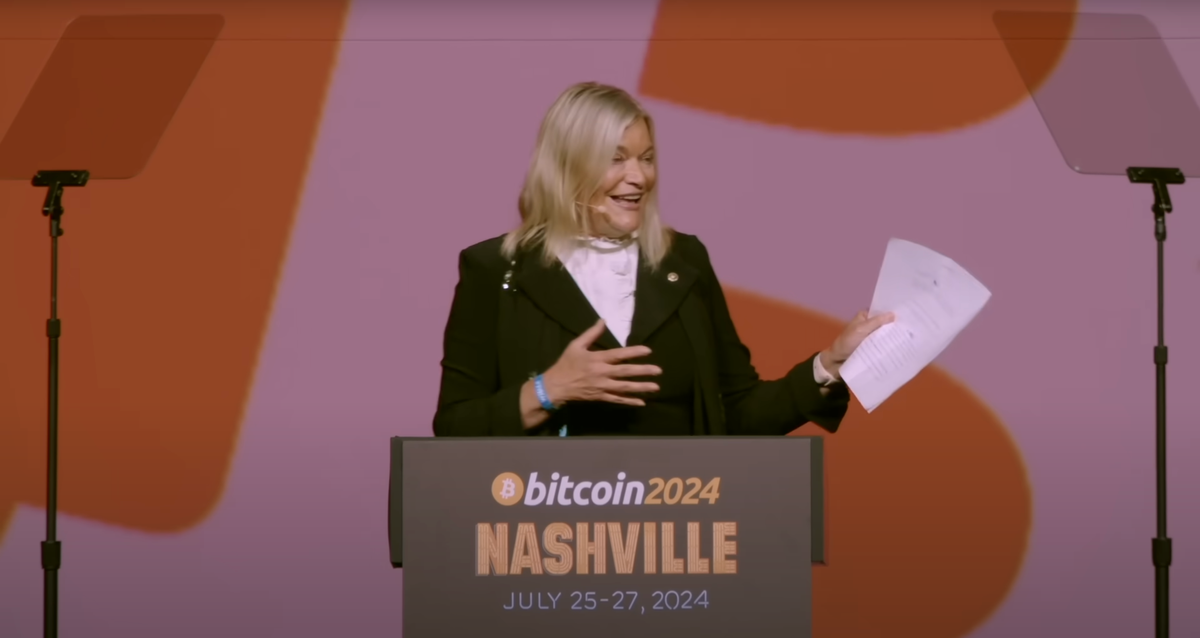
As the Bitcoin world buzzes with excitement over the ambitious proposals by Senator Cynthia Lummis and presidential candidate Robert F. Kennedy Jr., a significant issue looms in the background: the 95,000 Bitcoins owed to Bitfinex.
Both Lummis’s and Kennedy’s plans to integrate Bitcoin into the U.S. financial system face a challenge—how to reconcile their proposals with this substantial debt.
Senator Cynthia Lummis's proposal aims to establish a strategic Bitcoin reserve to counter inflation and secure the U.S. dollar’s position as the world’s reserve currency.
Her plan includes creating secure Bitcoin vaults managed by the U.S. Department of Treasury, purchasing 1 million Bitcoin to secure approximately 5% of the total Bitcoin supply, and financing the purchase by reallocating existing funds within the Federal Reserve System and the Treasury Department.
However, this plan does not address the immediate obligation of the 95,000 Bitcoin owed to Bitfinex, stemming from past government seizures. Integrating such a substantial debt into the proposal could complicate the logistics of establishing the reserve and affect its overall feasibility.
Kennedy’s proposal goes even further, advocating for transferring 204,000 Bitcoin held by the U.S. government to the Federal Reserve, daily purchases of 550 Bitcoin until the reserve reaches 4 million Bitcoin, and making Bitcoin-to-dollar transactions exempt from IRS reporting and taxation to encourage widespread adoption.
Kennedy’s plan also overlooks the issue of the 95,000 Bitcoin owed to Bitfinex. This debt represents a significant portion of the Bitcoin holdings Kennedy intends to transfer and utilize for daily purchases, raising questions about the viability and ethical considerations of his proposal.
The 95,000 Bitcoin owed to Bitfinex are a result of the government’s past seizures and subsequent legal obligations.
Bitfinex, a major cryptocurrency exchange, has a legitimate claim to these Bitcoin, which complicates any plans to use government-held Bitcoin for strategic reserves or economic policies.
Ignoring this debt could lead to legal battles, undermine the credibility of the proposals, and create financial uncertainties.
The Bitcoin community has noted this oversight. CEO of JAN3 Samson Mow's post on X captures the sentiment with a GIF of Charlie Day from "It's Always Sunny in Philadelphia."
Live shot of @paoloardoino listening to all the politicians talk about putting @bitfinex’s 95,000 coins into the US Strategic #Bitcoin Reserves. pic.twitter.com/fnd9dPnwST
— Samson Mow (@Excellion) July 28, 2024
Mow’s post highlights the skepticism and amusement within the community regarding the practicality of these ambitious plans.

